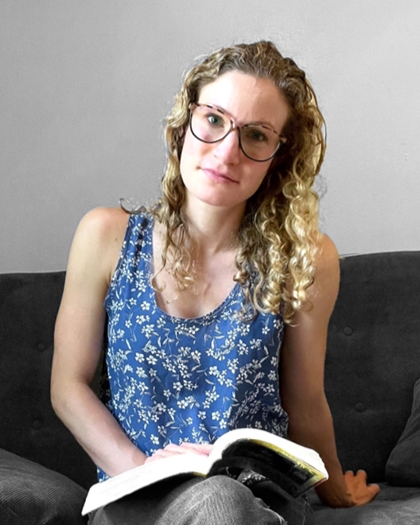Dr. Sarah S. Keleher, (CC ’11) Visiting Assistant Professor of English, has published a new essay in Shakespeare Quarterly entitled “This bastard graff shall never come to growth”: Conception and Consent in Shakespeare’s Lucrece.” The essay explores the way in which Shakespeare’s Lucrece follows a humanist disputational tradition that positions Lucretia as a defendant against charges of adultery in a perpetual rhetorical trial, interpreting her motives for suicide through judgment of her chastity. While previous critics have tended to rule in Lucrece’s favor, identifying Lucrece as a rape victim rather than as a consenting adulteress, Dr. Keleher argues that Shakespeare resists a straightforward exoneration of his heroine by indicating that Lucrece conceives a child during Tarquin’s assault. In the context of the era’s legal premise that conception proves consent, Shakespeare’s portrayal of Lucrece conceiving a child by Tarquin constitutes a portrayal of Lucrece consenting to Tarquin.
Viewed through the conception-consent dictum, Keleher contends, the poem presents two narratives: a dominant narrative of rape and innocence; and a counter-narrative of consent, rhetorical manipulation, and suicidal abortion. Lucrece secures the success of the dominant narrative at the cost of destroying her pregnant body, which would provide visible evidence of consent as her pregnancy progressed. As Keleher’s research shows, Shakespeare’s description of Lucrece’s blood after her suicide marks her body, even in death, with signs of conception and consent by echoing early modern descriptions of an early-stage fetus. The suggestion that Shakespeare portrays Lucrece as consenting to Tarquin within the parameters of the conception-consent dictum threatens to align Shakespeare with the continued problem of misconstructing coerced intercourse as consensual sex, yet only by confronting that possibility can we see the ways in which the poem challenges the justice of the conception-consent dictum in cases involving coercion.
Dr. Keleher returns to Colorado College having recently completed her doctorate at the University of California, Berkeley. She will be teaching several courses this year including “Introduction to Poetry,” “Introduction to Shakespeare,” and “Bodies in Early Modern Literature.”






